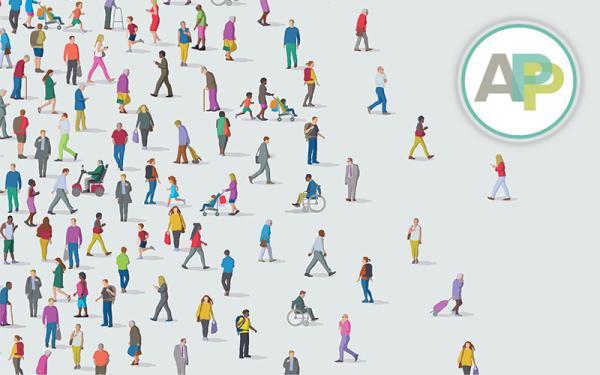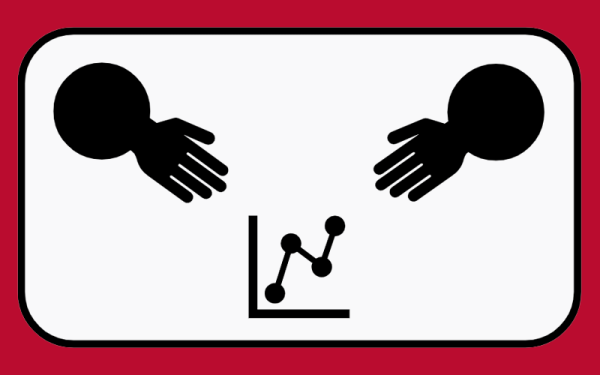At CHRR, we work with multiple clients on a wide range of complex surveys and administrative data projects. Below is a selection of past and present surveys. If you are interested in using CHRR's services for a future research study, please fill out our Project Inquiry Form.
Participant recruitment and data storage/security
Current studies
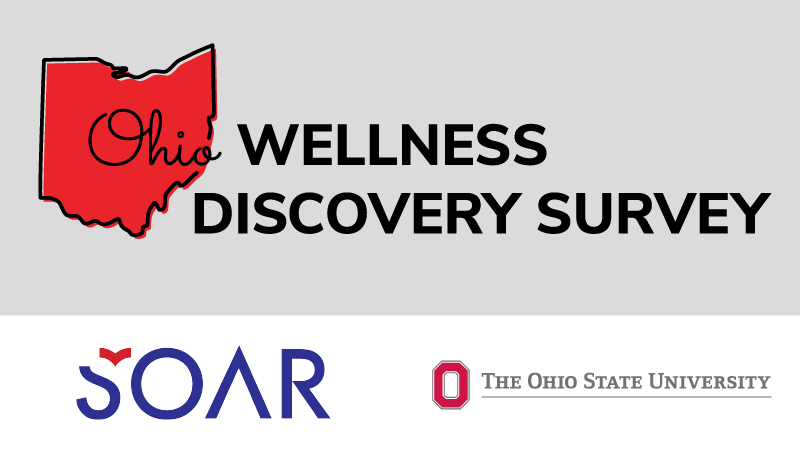
The SOAR Ohio Wellness Discovery Survey is a research study to help the Ohio Department of Mental Health and Addiction Services understand the current state of mental health wellness across Ohio. Exploring the kinds of stresses and adversities faced by Ohioans, as well as the kinds of resources and forms of coping they use that promote resilience and wellness, will help OhioMHAS develop programs to help all Ohioans in their communities. CHRR is administering the survey portion of the study. Additional information is located on the survey information page, the SOAR Studies website, and an Ohio State News press release.
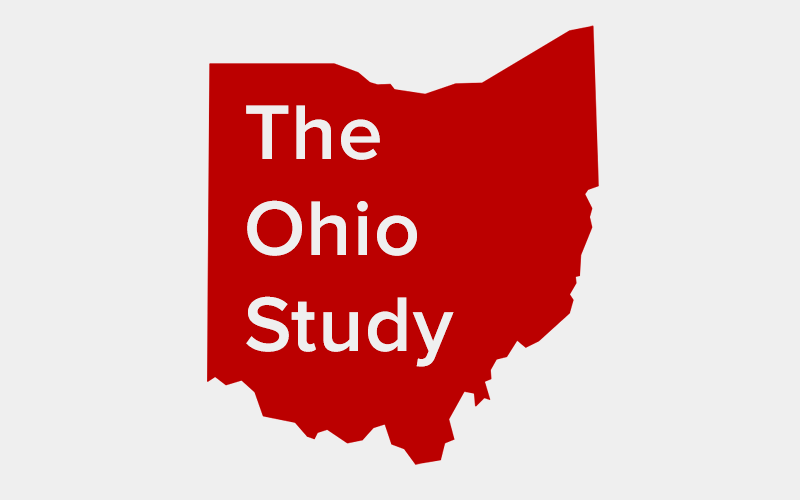
The Ohio Study, also known as Adolescent Health and Development in Context (AHDC), focuses on the study of adolescent health and behavior, including real-time location and activities of adolescents (ages 12-16). Several waves have been conducted since 2014 as the project is on-going. Additional information is located on The Ohio Study project page.
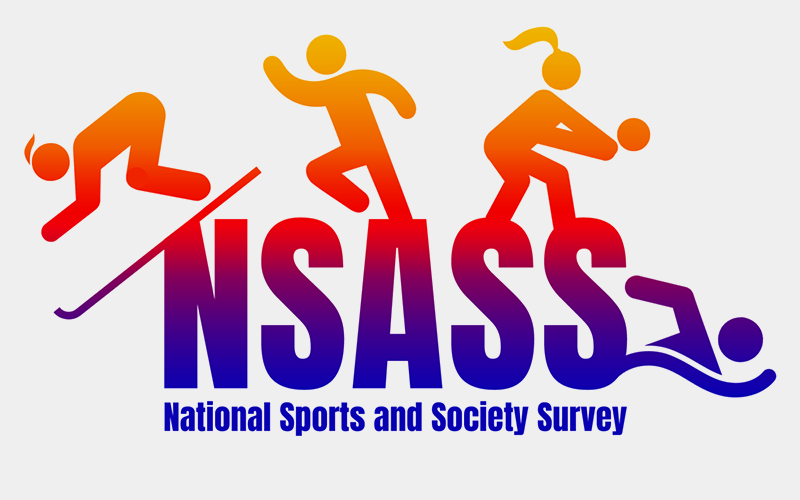
NSASS is a landmark survey of almost 4,000 U.S. adults designed by principal investigator Dr. Chris Knoester, associate professor in Sociology (OSU). The study used the American Population Panel for the respondent pool to collect information on sports-related attitudes and the dimensions and contexts of sports involvement experiences. A second wave of the survey was administered in fall of 2024 to respondents who participated in the original survey. Additional information about the survey is located on the NSASS study page.
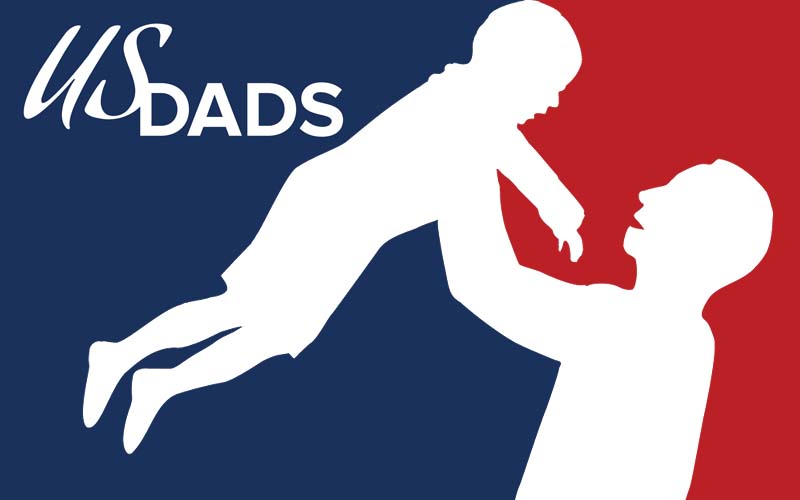
The U.S. Dads Survey and its corresponding co-parent study were developed by principal investigators at Brigham Young University to enhance understanding of the experiences of American fatherhood. Wave 2 of the survey was administered in the spring/summer of 2025 to gather longitudinal data from fathers who participated in the initial wave. Data collection for Wave 3 is forthcoming.
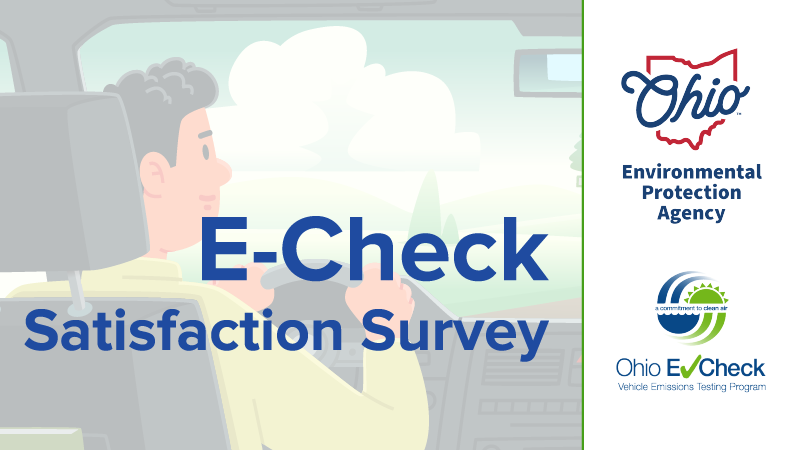
The E-Check Satisfaction Survey is an annual study that evaluates the Ohio E-Check program, measuring customer satisfaction and overall program performance. Feedback from E-Check participants helps inform improvements to enhance the experience for all Ohioans. CHRR began administering the survey in 2023 and continues to conduct it annually.

Mini Surveys are brief surveys run by the American Population Panel and are used for pilot studies, seed grants, testing survey questions, and student thesis projects. Visit our Mini Survey project page to view a sample of survey topics.
Past projects
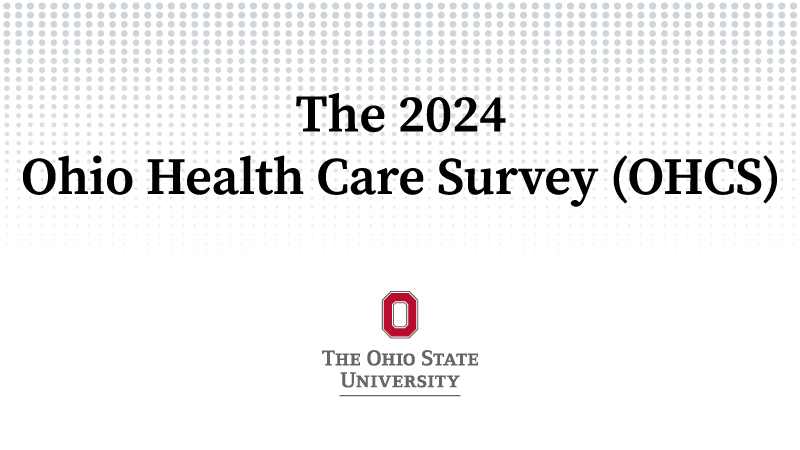
The 2024 Ohio Health Care Survey is an important study by the Ohio Department of Medicaid and The Ohio State University. The information gathered from this study will help identify ways to improve Ohioans’ health care experiences.
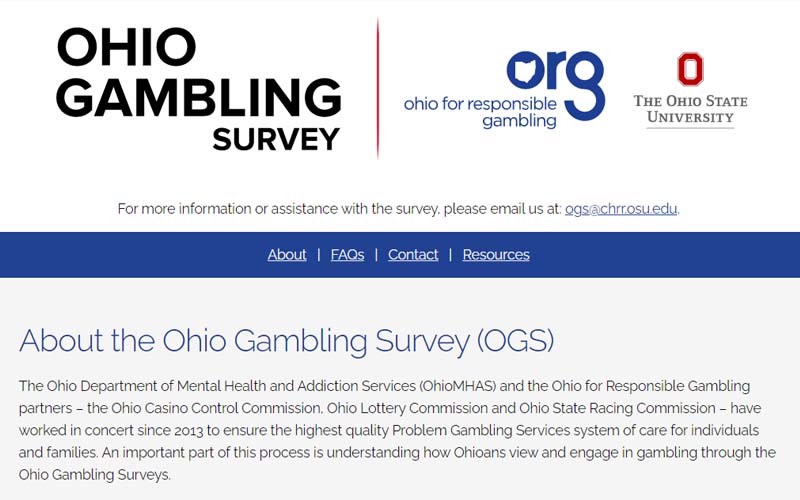
The Ohio Department of Mental Health and Addiction Services (OhioMHAS) and the Ohio for Responsible Gambling partners – the Ohio Casino Control Commission, Ohio Lottery Commission and Ohio State Racing Commission – have worked in concert since 2013 to ensure the highest quality Problem Gambling Services system of care for individuals and families. An important part of this process is understanding how Ohioans view and engage in gambling through the Ohio Gambling Surveys. For this survey, CHRR provided sample design and management, survey and questionnaire design, survey management, data collection, data analytics, data security, data administration, and Voice over Internet Protocol (VoIP) telephony. Additional information can be found on the OGS website.

The Higher Education Survey led by Dr. Stephen Gavazzi, professor in the College of Education and Human Ecology (Ohio State) and CHRR director, in collaboration with West Virginia University president E. Gordon Gee, was initially conducted in 2019 using the American Population Panel. Over time, it has evolved into a longitudinal study, with a second wave fielded in March 2025. Additional information about the survey is located on our Higher Ed project page.
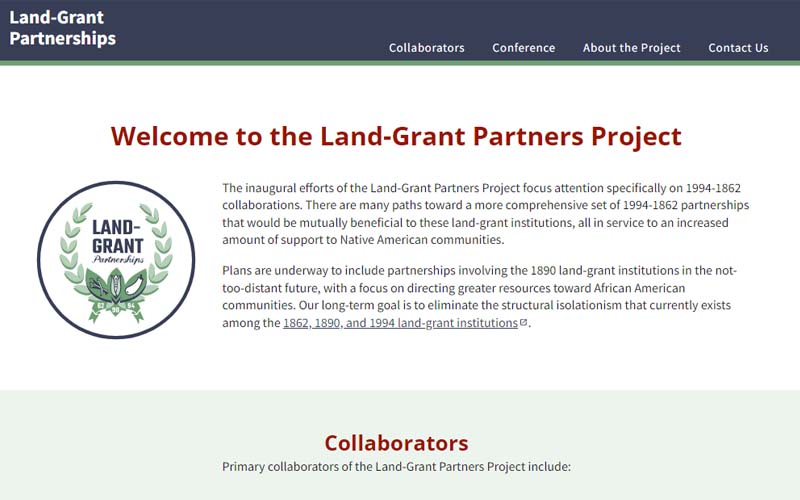
The inaugural efforts of the Land-Grant Partners Project focus attention specifically on 1994-1862 collaborations. There are many paths toward a more comprehensive set of 1994-1862 partnerships that would be mutually beneficial to these land-grant institutions. Visit the Land-Grant Partnerships website to learn more.
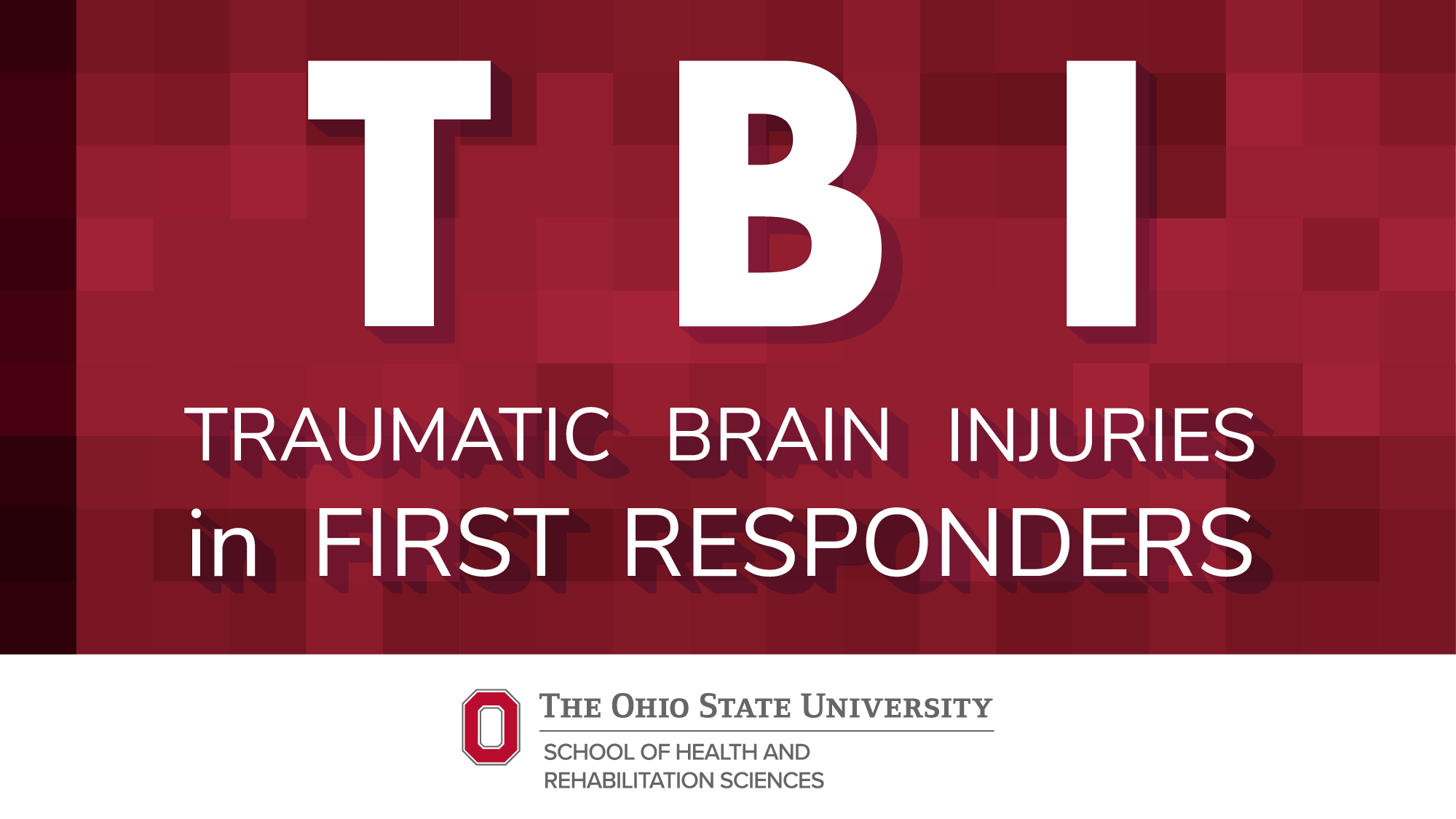
The TBI in Law Enforcement Study led Dr. Jaclyn Caccese, assistant professor in Health and Rehabilitation Sciences (OSU), focuses on enhancing the health and wellness of civilian law enforcement officers who, in their duty to protect and serve, are at risk of traumatic brain injuries (TBIs), musculoskeletal injuries, and mental health problems like PTSD. The primary goal is to assess the prevalence of TBIs and related health conditions among law enforcement officers. This work is supported by the Assistant Secretary of Defense for Health Affairs endorsed by the Department of Defense, through the Traumatic Brain Injury and Psychological Health Research Program under Award No. HT9425-23-1-0520 and HT9425-23-1-0521.
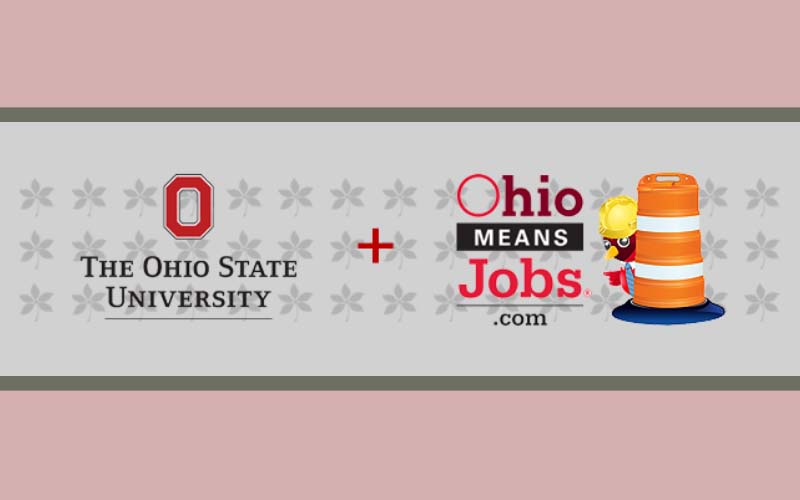
Wage Pathways was a joint initiative of the State of Ohio and the Ohio Education Research Center aimed at understanding how low-income young adults find and retain employment using state resources. Learn more on our Wage Pathways project page.
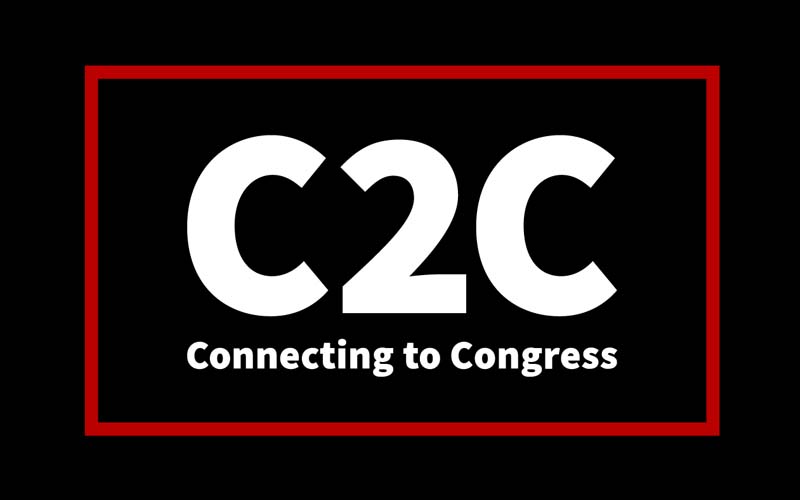
Connecting to Congress is a research initiative by the Institute for Democratic Engagement and Accountability (IDEA), which aims to create authentic, actionable engagement between Members of Congress and the full range of their constituents via online deliberative town halls. The project is directed by Ohio State political science faculty members Michael Neblo (IDEA Director) and William Minozzi along with Amy Lee, IDEA Associate Director. In 2022, American Population Panel members participated in a set of C2C surveys and a town hall with Chair Derek Kilmer and Vice-Chair William Timmons of the Select Committee on the Modernization of Congress in the U.S. House of Representatives. Results of this study are presented in IDEA’s Report to the Select Committee on the Modernization of Congress on Their Deliberative Town Hall
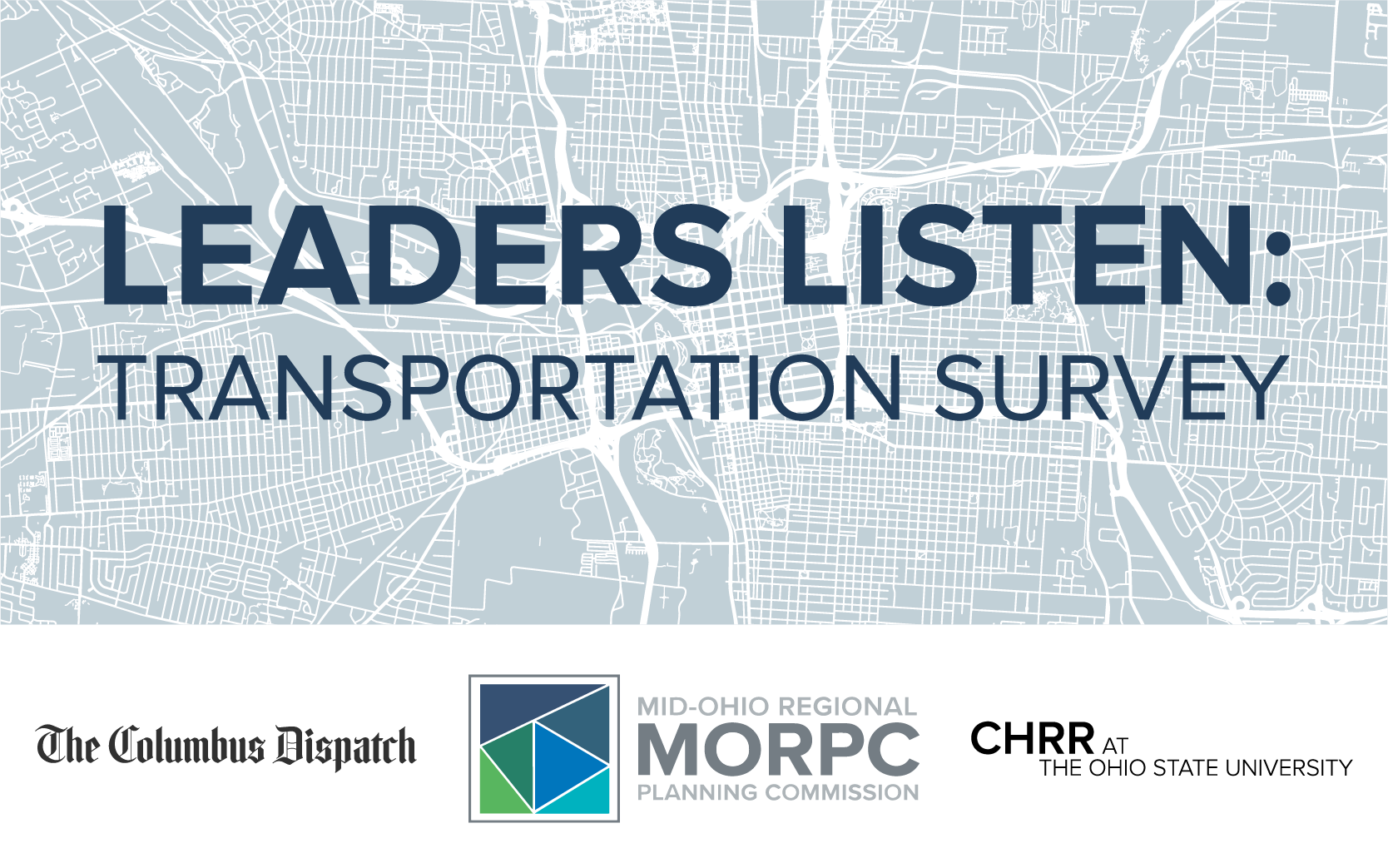
The Leaders Listen Series is a set of short surveys produced by the Mid-Ohio Regional Planning Commission (MORPC). The inaugural survey about transportation invited American Population Panel (APP) members and non-panel members residing in Central Ohio to share their opinions on transportation-related experiences and services in the region. CHRR was responsible for programming and administering in partnership with MORPC and The Columbus Dispatch. To learn more about the series, visit MORPC's survey page or read about the results of the Transportation survey in the Leaders Listen 2023: Actionable Insights report.
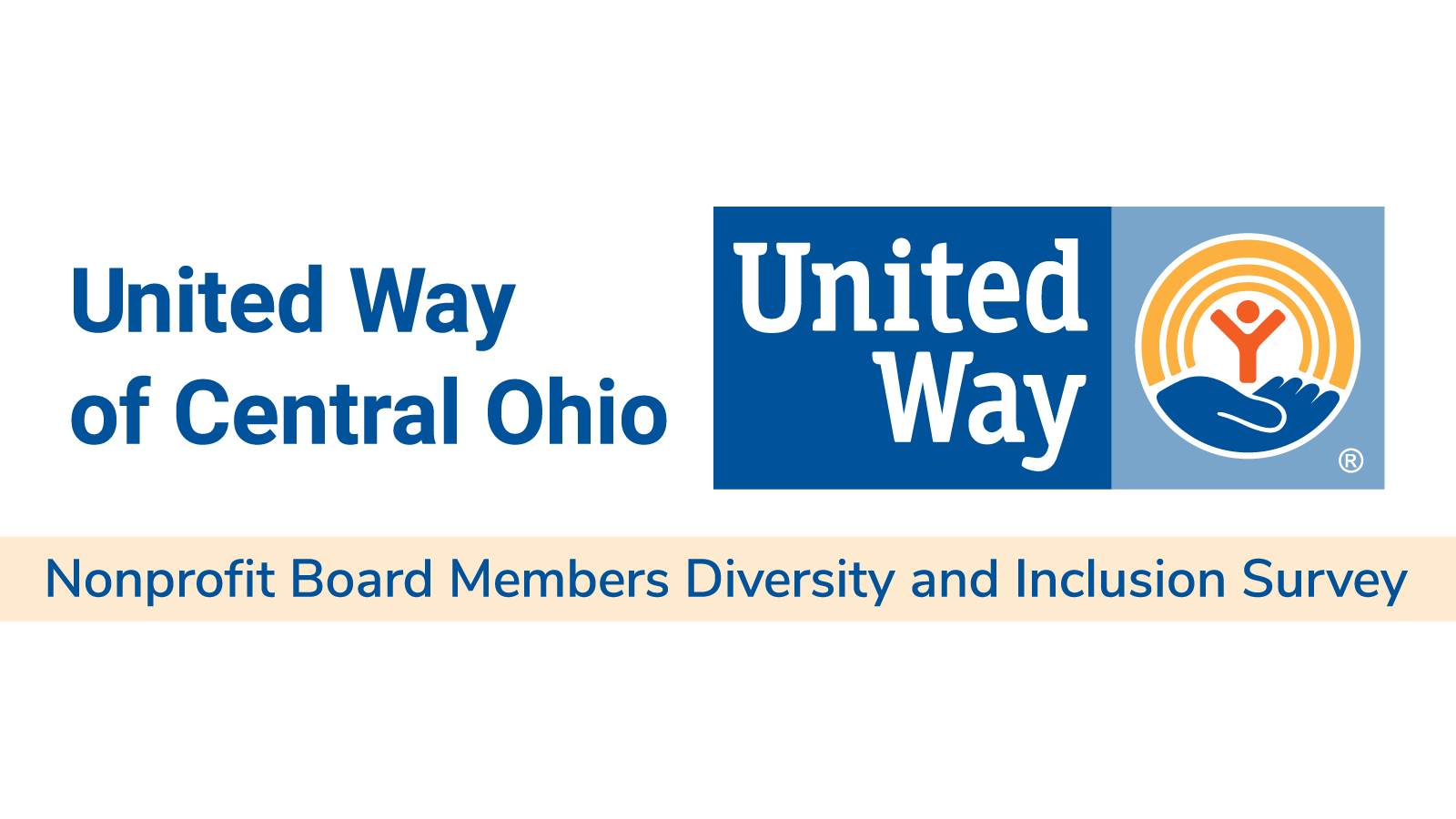
Completed in 2024, the Nonprofit Board Members Diversity and Inclusion Survey sponsored by the United Way of Central Ohio aimed to assess the composition of nonprofit boards in Central Ohio. At the direction of United Way of Central Ohio, CHRR administered the survey and provided survey management, data collection, data security, and data administration.
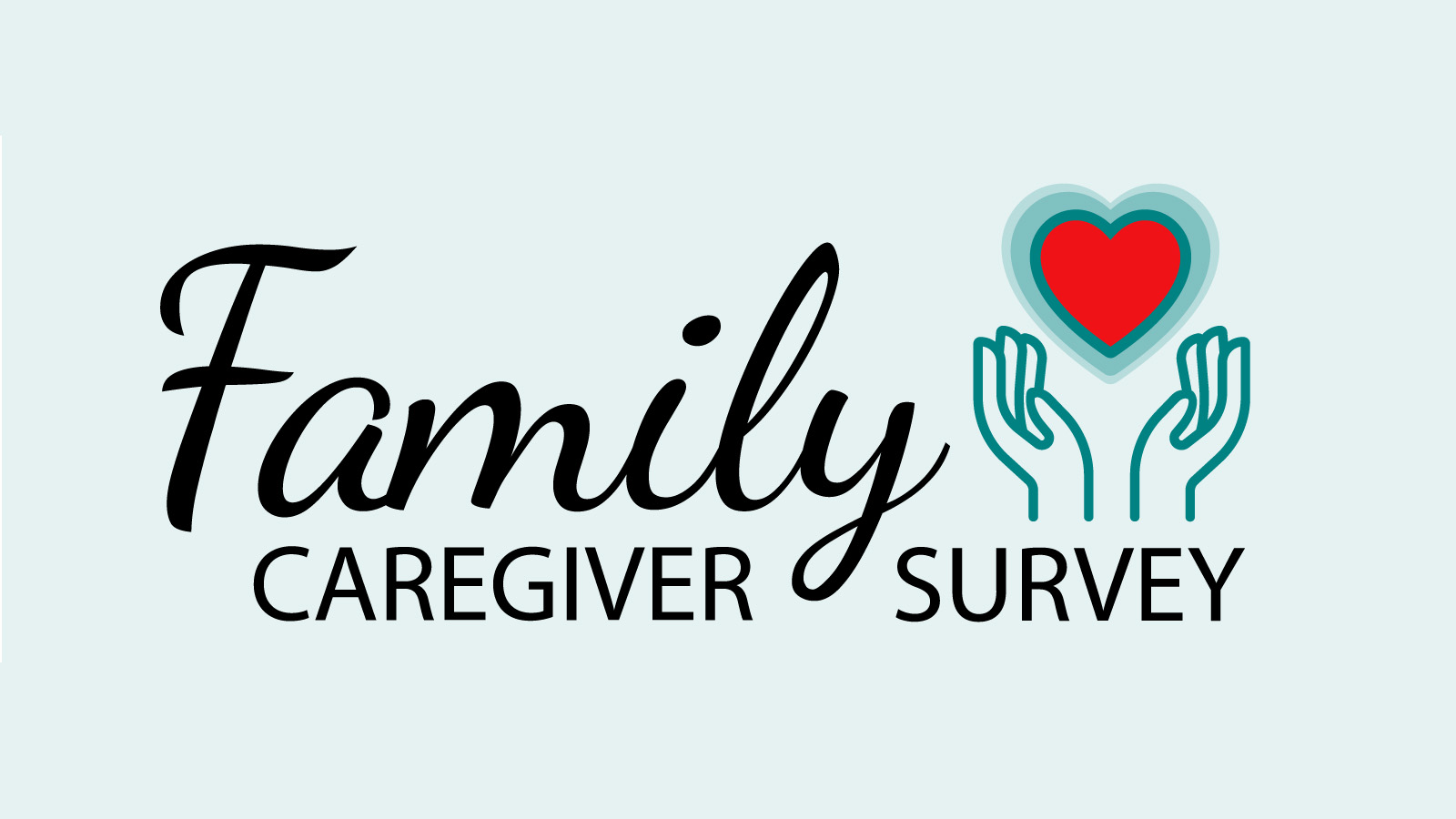
The Family/Guardian Caregiver Survey is sponsored by the Ohio Department of Developmental Disabilities (DODD) in partnership with The Ohio State University Nisonger Center. The survey is for a family member or guardian who provides paid or unpaid caregiving to a family member with intellectual or developmental disabilities who receives supports from a county board of developmental disabilities. The data provided will allow DODD to understand the challenges faced by family caregivers and formulate policies to overcome them. Additional information about the Family/Guardian Caregiver Survey can be found on the DODD website. CHRR is administering the survey for the Nisonger Center.
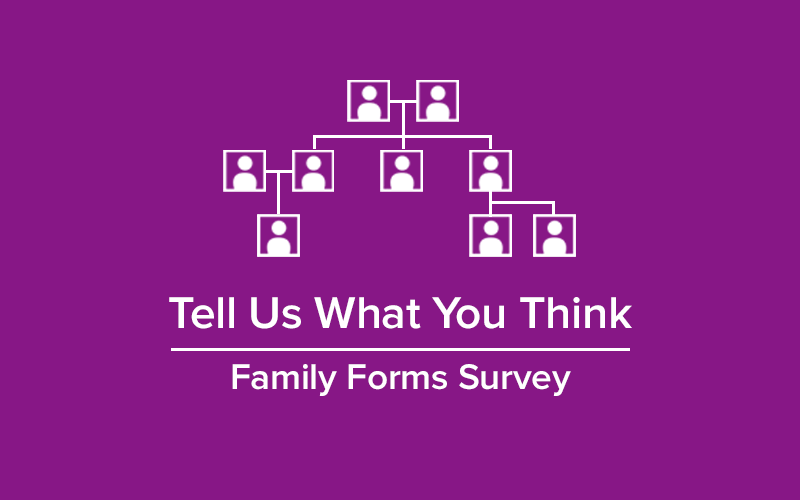
The Family Forms Survey was designed by principal investigator Dr. Rachel Arocho, an assistant professor of Family Science in Utah Valley University’s Department of Behavioral Science. The survey is part of the Tell Us What You Think Mini Survey series and focused on individuals conceived by and families formed using medically assisted reproduction. Read more about the study on the Survey Methods: Insight from the Fields website.
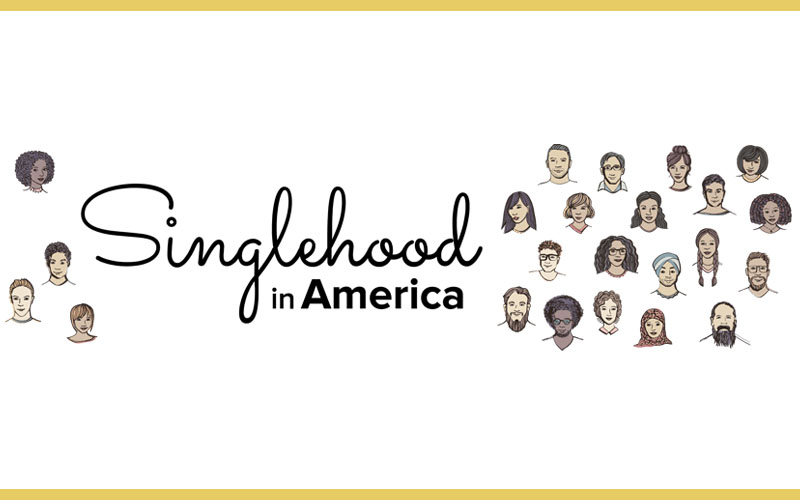
The Singlehood in America study surveyed adults ages 30-50 to help better understand social ties among single adults. The study's principal investigators are Dr. Karen Guzzo (Director, Carolina Population Center, UNC) and Dr. Wendy D. Manning (Professor of Sociology, BGSU). CHRR is providing sample design and management, survey and questionnaire design, survey management, data collection, data security, data administration, and IRB coordination.
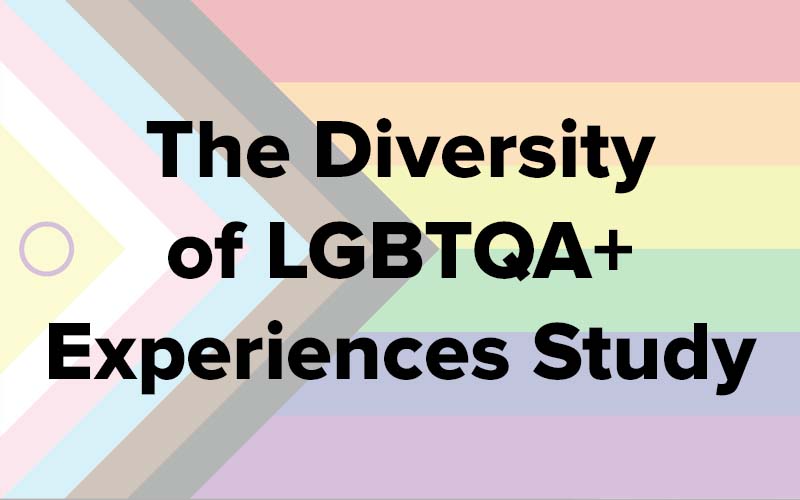
Completed in 2022, the Diversity of LGBTQA+ Experiences Study was designed by co-PIs: Dr. Allen Mallory, assistant professor in Human Sciences (OSU), and Dr. Rin Reczek, professor in sociology (OSU), and Dr. Autumn Bermea, assistant professor in Human Sciences (OSU) and used the American Population panel for its respondent pool.
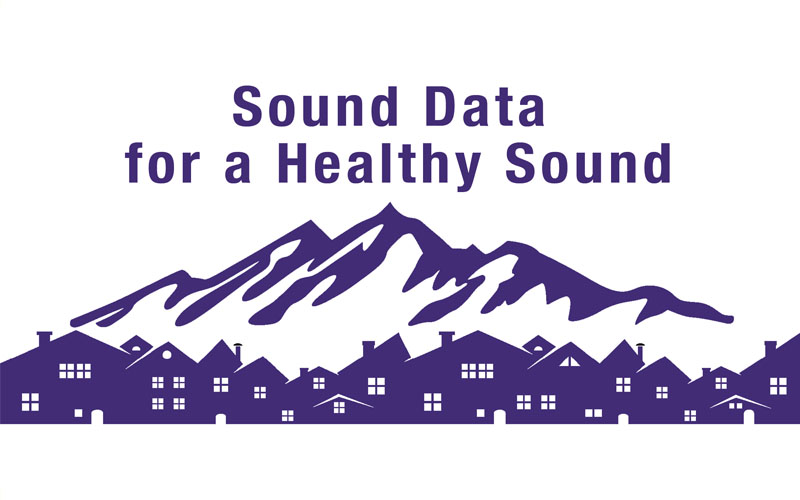
The Puget Sound Longitudinal Health and Well-being Survey is a household study of Puget Sound (Washington state) residents for the purpose of informing various stakeholders about the health and wellness of the community. The study's principal investigators are Dr. Nathalie Williams, associate professor of Sociology (UW), and Dr. Sara Curran, professor of Sociology (UW). CHRR provided survey and questionnaire design, data security, and data administration for this project.
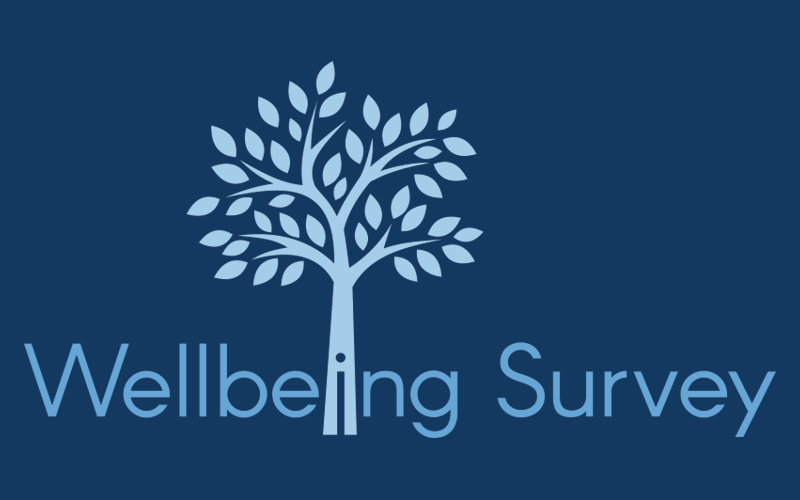
Sponsored by The Columbus Foundation, the Well-being Survey aimed to understand how Columbus, Ohio residents are doing individually and as a community. Additional information about the survey is located on our Well-being project page.

The Concussions and Other Traumatic Brain Injuries survey is collecting data for the Interview versus Self-administration of The Ohio State University Traumatic Brain Injury Identification Method (OSU TBI-ID) Study authored by Dr. John Corrigan, Department of Physical Medicine and Rehabilitation (OSU). CHRR is providing sample design and management, survey management, data collection, data security, data administration, IRB coordination, and Voice over Internet Protocol (VoIP) telephony.
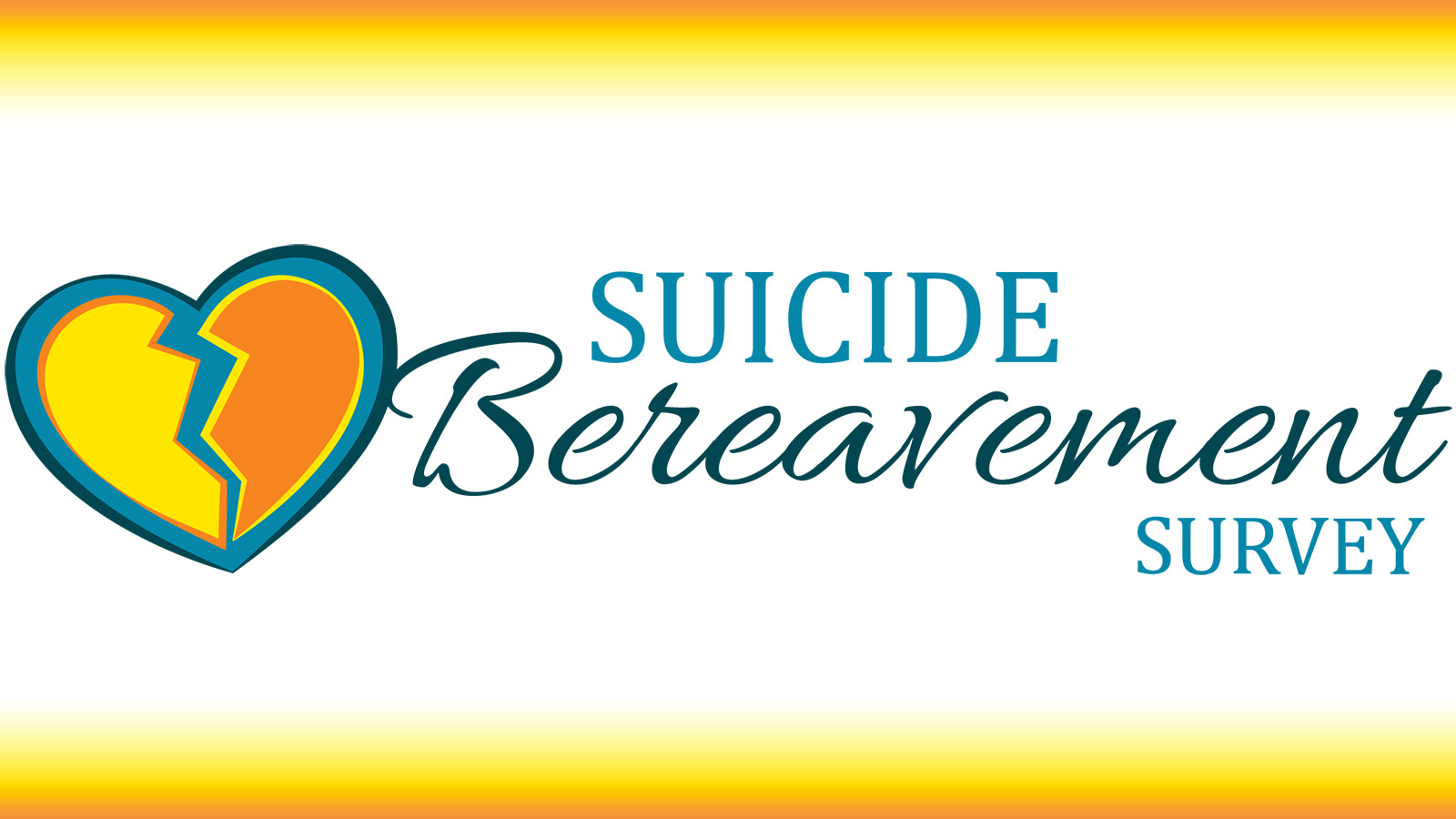
The Suicide Bereavement Survey aims to enhance understanding of the varied experiences of suicide bereavement—defined as emotional distress following the suicide of someone close. The study seeks to support multiple groups, including those who are grieving, professionals assisting the bereaved, and researchers dedicated to expanding knowledge on bereavement. The study is led by Dr. William T. Feigelman, Professor Emeritus at Nassau Community College (New York). CHRR provides support, including sample design and management, survey and questionnaire development, survey administration, data collection, data security, data administration, and IRB coordination.
For insights from Dr. Feigelman et al. and to learn more about the role of the American Population Panel, read: Investigating the Social Correlates Associated With Getting Help After a Suicide or Not: An Important Unexamined Bereavement Question.
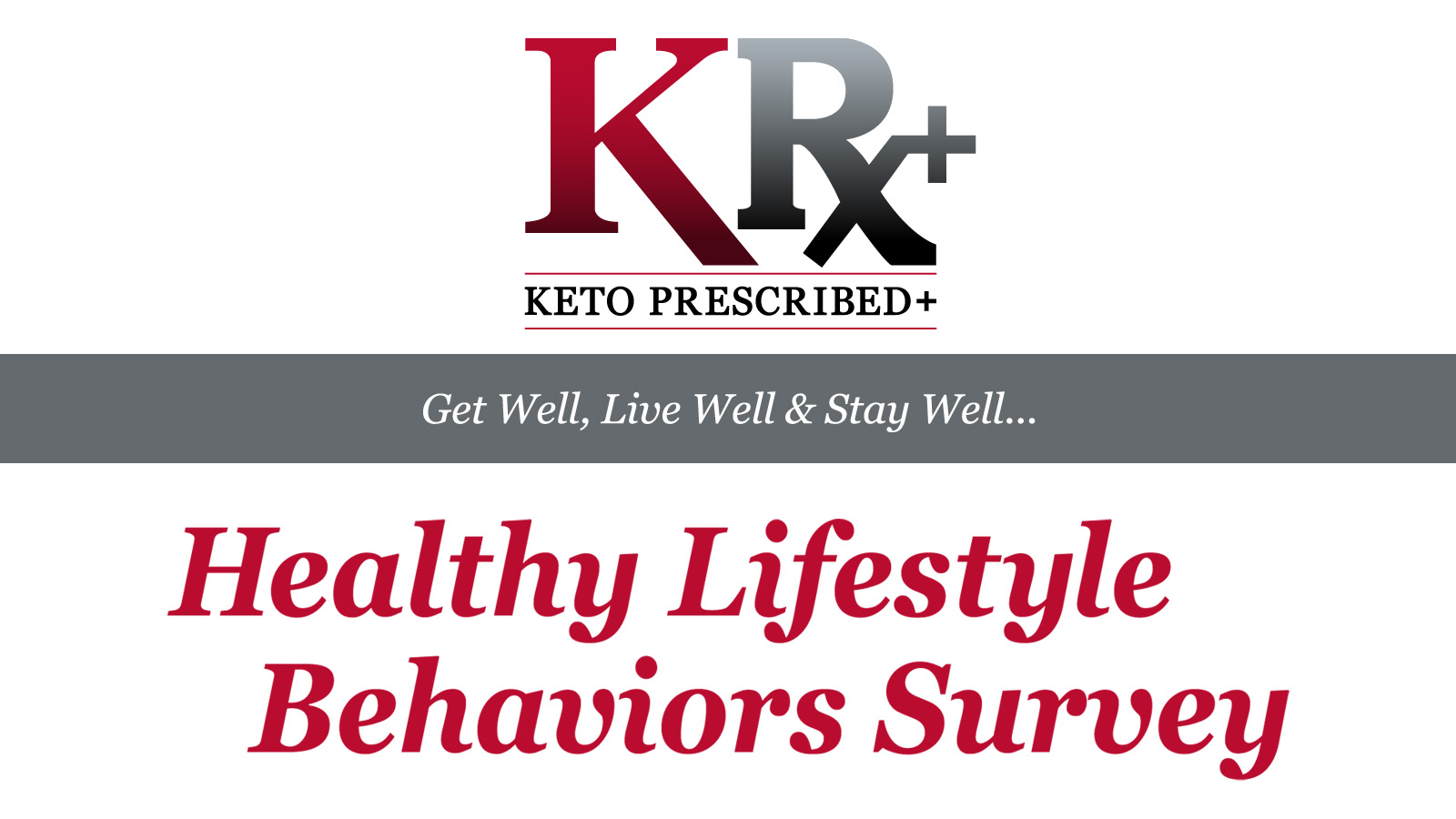
The KRx+ Healthy Lifestyle and Behaviors Survey aims to gain a better understanding of factors that are associated with healthy lifestyle behaviors in adult African American (AA) Women. The PI and Co-PIs are Dr. Audra Hanners, Dr. Margie Kelley, and Dr. Cathy Saenz. CHRR provided sample design and management (from the American Population Panel), survey and questionnaire design, survey management, data collection, data security, and data administration.
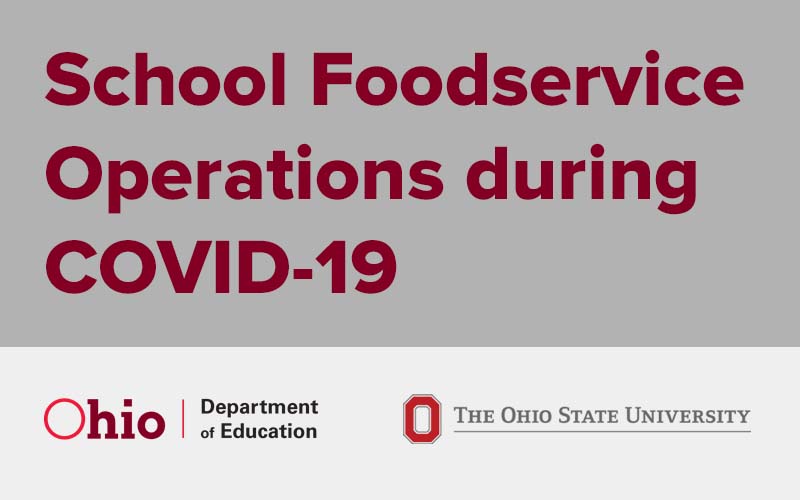
The School Foodservice and Operations during COVID-19 survey is a part of the Ohio Education Research Center's Child Nutrition Data Project. Learn more about the project on the OERC website.
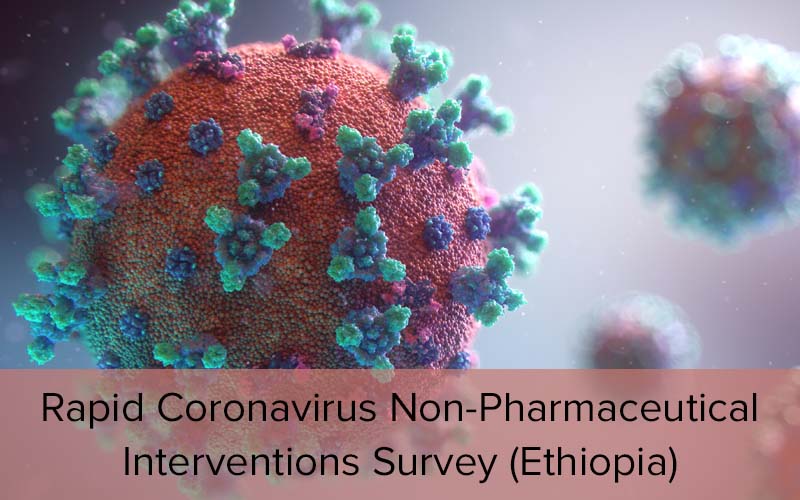
The goals of the Rapid Coronavirus Non-Pharmaceutical Interventions (NPI) Survey included: providing the government and other healthcare stakeholders in Ethiopia with actionable communications strategies around NPIs to mitigate Covid-19 and to encourage the World Health Organization and other global health actors to prioritize community and national communications as part of pandemic preparedness.

The Sorry Works! Medical Ethics Project was led by Doug Wojcieszak and surveyed medical school students and deans, and medical boards about disclosure and apology content in medical curricula. CHRR provided survey management, data collection, data security, data administration, and IRB coordination. Additional information can be found on the Sorry Works! website and in the journal article Measuring the Uptake of Disclosure and Apology Content in the American Medical School Curriculum
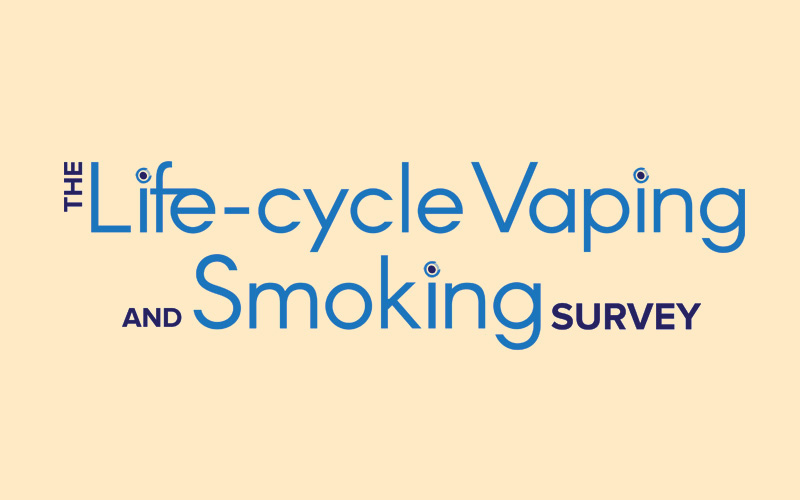
The Life-cycle Vaping and Smoking Survey was designed by principal investigator, Dr. Dean Lillard, professor in Human Sciences (OSU) and used the American Population Panel forparticipant recruitment.

Consumer Monthly Finance (CFM) was comprehensive monthly data on U.S. consumers' credit card use, income, assets, expectations and behaviors. The Consumer Finance Research Group at The Ohio State University produced the CFM utilizing expertise in economics and consumer finance, survey methodology, econometrics and statistics. Read more about the survey on our Consumer Monthly Finance project page.
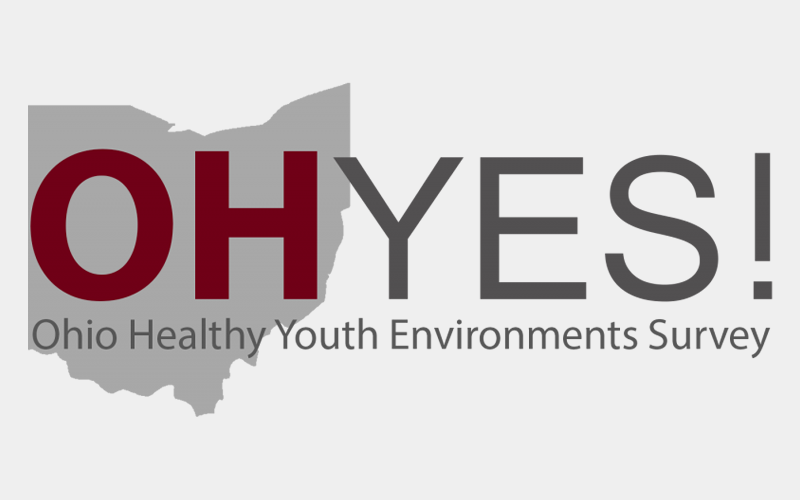
Ohio Healthy Youth Environments Survey (OHYES!) was an online health student survey for grades 7-12 for which CHRR provided the respondent communications and marketing materials and collaborated with several Ohio agencies. Read more about the survey at our OHYES! project page.
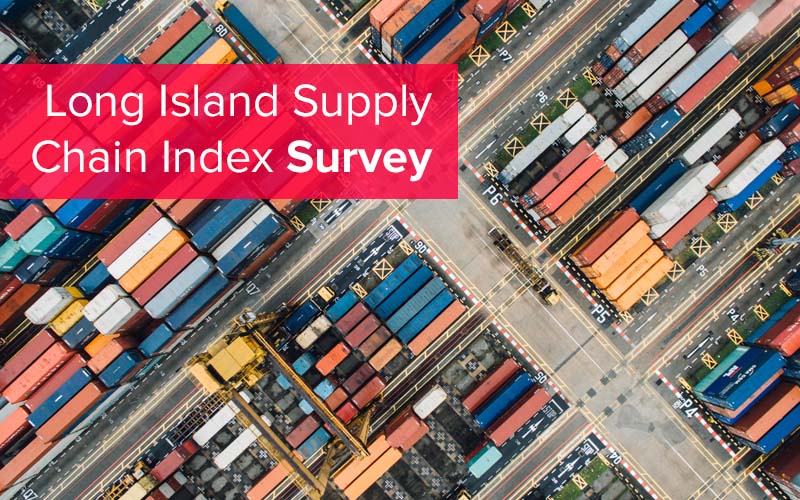
The Long Island Supply Chain Index (LISCI) was a survey of Long Island-based manufacturers to gauge economic health of the Long Island, NY region. Learn more about the survey on our Long Island Supply Chain Index project page.
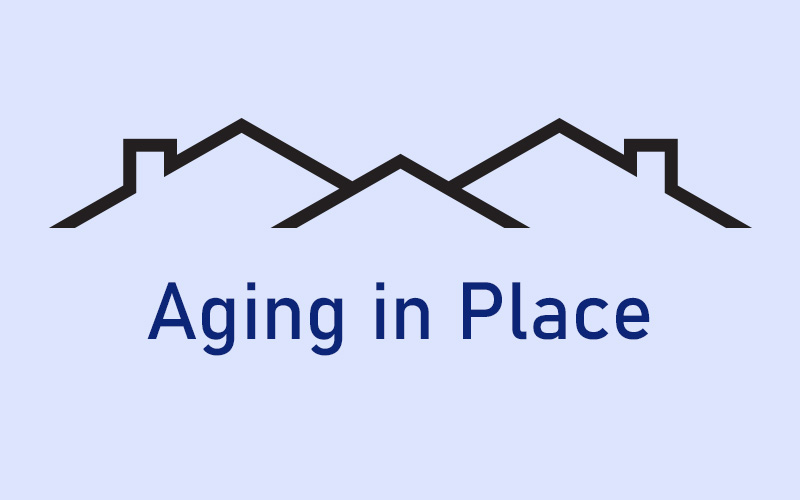
The Aging in Place (AIP) study focused on reverse mortgages in order to better understand their economic viability for older adults. Details about the study are available on the Aging in Place project page.

The Ohio Housing Needs Survey (OHNS) asked about Ohioans current housing situation and the desirability of homeownership. Additional information about the survey is located on our Ohio Housing Needs project page.
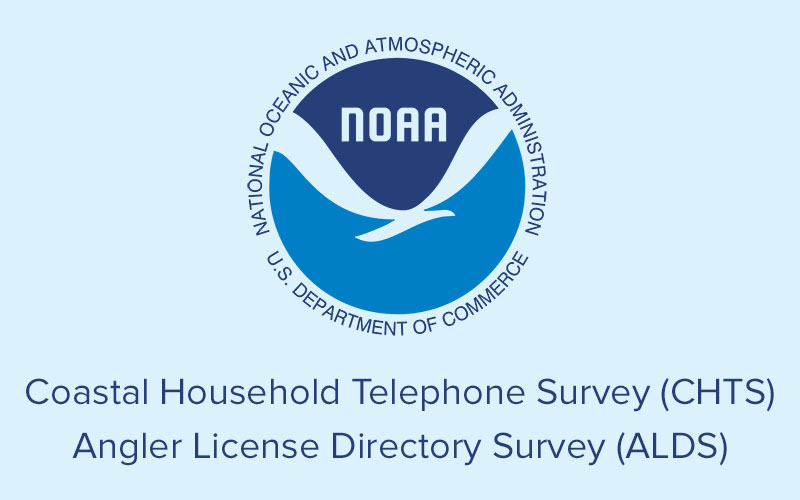
Coastal Household Telephone Survey (CHTS)
The National Marine Fisheries Service of the National Oceanic and Atmospheric Administration (NOAA Fisheries) is required to conduct a survey of marine recreational fishing. This survey gathered information on participation (number of people who went marine recreational fishing at least once within the calendar year), fishing effort (number of angler trips), and catch (numbers of finfish caught, harvested, and released) by marine recreational anglers.
Angler License Directory Survey (ALDS)
The Angler License Directory Survey collected fishing effort data from lists of known or likely saltwater anglers and was conducted in Louisiana and North Carolina in 2009-2010, while the CHTS was conducted in the Atlantic, Gulf Coast, and Caribbean sub-regions during the same time period.
Learn more about the CHTS and ALDS on our NOAA surveys project page.
Additional Projects
- 2012 Internet Survey Feasibility Study
- 2011 Ohio Mid-Size Business Study
- 2010 OSU Fisher College of Business: Fisher Survey
- 2010 OSU Fisher College of Business: The Influence of Driver Control Practices on Transportation Firms Performance and Turnover
- 2007 Rural Youth Education Project
- 2006 Rio Grande Valley Health/Encuesta de la Salud del Valle Rio Grande
- 2005 New Immigrant Survey (NIS)
- 2001 Global History of Health Project (GHHP)
- 1999/2000 Ohio Closed Cases Study (OCCS): OCCS report, OCCS appendices

